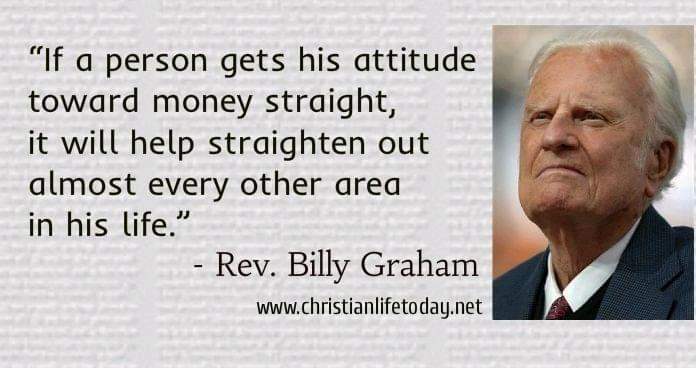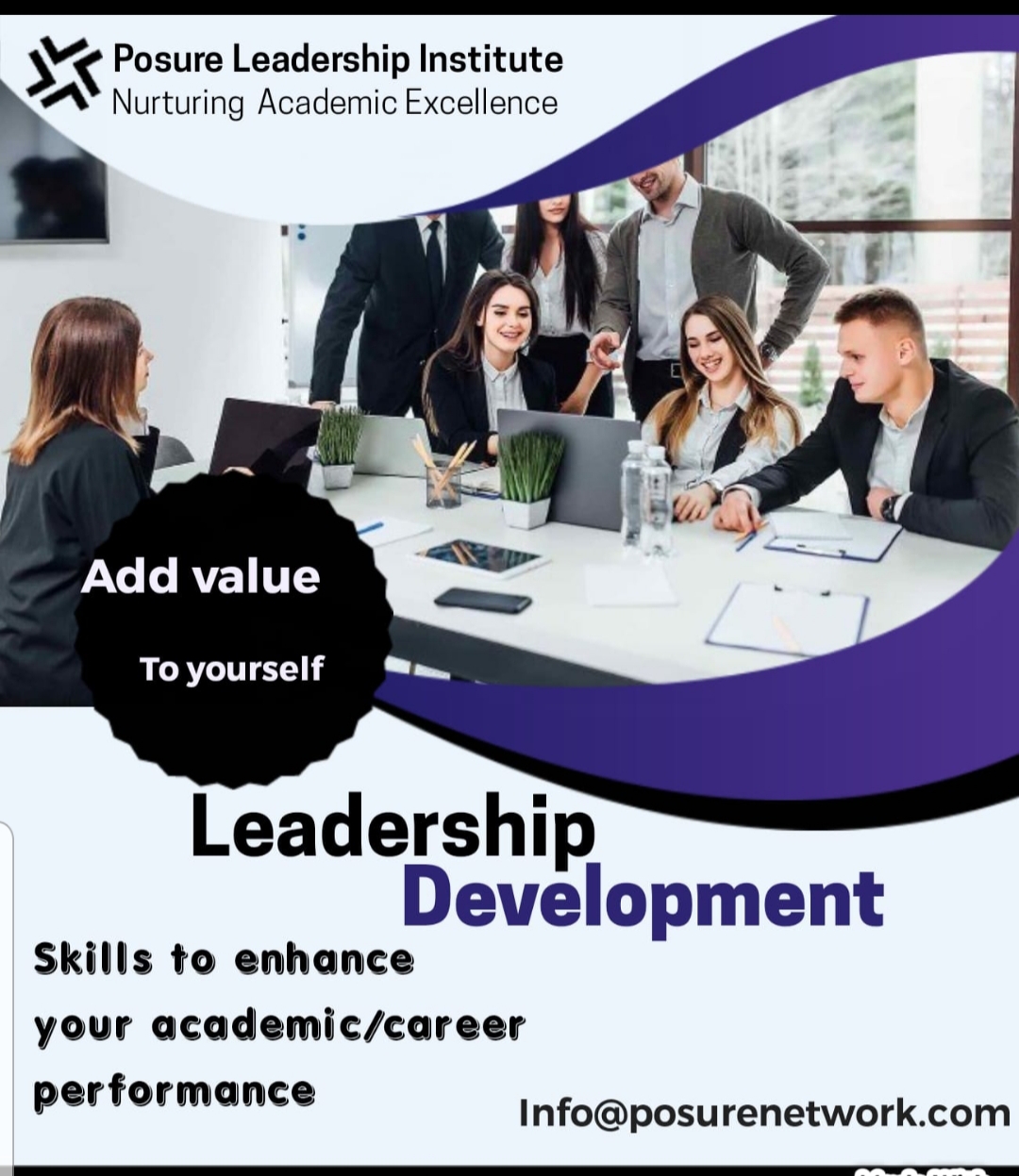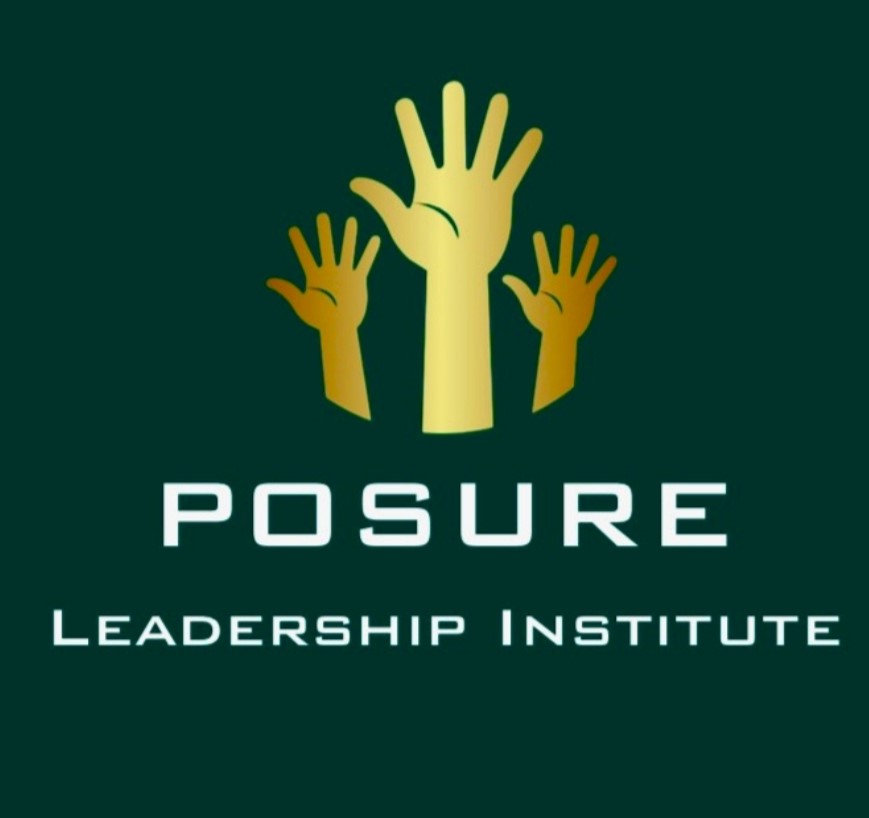Certificate Program
Financial literacy and Education
According to U.S. Financial Literacy and Education Commission (2020) Financial literacy includes the skills, knowledge, and tools needed to make informed financial decisions and take actions to achieve personal financial goals. Financial education is the process through which individuals acquire the information, skills, confidence, and motivation to put this knowledge into practice, utilizing various methods. Financial education aims to enable lasting financial well-being, where individuals can meet their present and future financial needs with confidence, ensuring security and the freedom to make choices that enhance their quality of life.

Program Goals:
- Educate students about financial independence, including budgeting, saving, and responsible financial decision-making.
- Empower students to manage their finances and make informed financial choices.
- Provide practical skills and tools for reducing financial dependence on parents or guardians.
- Offer guidance on building a strong financial foundation for the future.
- Educate students about the fundamentals of investing and different investment options.
- Empower students to make informed investment decisions and build a diversified investment portfolio.
- Teach risk management and long-term financial planning.
- Provide hands-on experience with investing through simulations and real-world investment opportunities.
- Educate students about different types of student loans and financial aid options.
- Help students make informed decisions about borrowing and repayment plans.
- Teach financial management skills to minimize the burden of student loans.
- Ensure students have the resources and support to successfully repay their loans.

Leadership development
- We promote rural communities by offering innovative academic leadership programs, providing a cultural diversity of opportunities to continue the pursuit of lifelong learning.
- Classes include leadership training and an average of Six courses is provided to all students annually to directly impact their preparation to be innovative, competent, creative, and resilient.
- We encourages local citizens, schools, agencies, and institutions to become active partners in addressing students’ educational needs, founded on the beliefs that 1) education is a lifelong process and 2) everyone shares the responsibility for educating all community members with the duty to link the available resources with the needs of students.
- We offers shorter-term certificates in specific leadership curricula and customized training for educators who desire international development skills for their teachers. We believe that leadership skills are practices to transform values into action, vision into realities, and barriers into innovation. Leadership creates an environment that transforms challenging opportunities into great success.
Digital Portfolios
PROFESSIONAL E-PORTFOLIOS
LEARNING E-PORTFOLIOS
ASSESSMENT E-PORTFOLIOS


Program Objectives
- To promote emerging leaders program, research in transformational leadership and management development, and award certificate of proficiency to participants.
- To organize seminars, workshops, conferences, and symposia in leadership and management development to promote efficiency in the workforce and issue certificate of attendance.
- To train emerging leaders with the skills of both supervisors and coaches in supporting school leaders and to use data on individual leaders’ strengths and weaknesses to support greater differentiation of professional learning.
- To promote leadership development programs that would prepare participants into a cohort group that would collaborate and progress together, link theory and practice through institutional strategies such as problem-based training, and offer clinical experience.
- To systematically evaluate novice school administrators’ instructional leadership capabilities, provide them feedback, and, based on the evaluation results, provide professional development and skilled mentoring to develop their needed capabilities further.
- To promote training and coaching for the emerging leaders in skill acquisition and mentorship to reduce unemployment and award proficiency certificate.
- To promote educational and leadership development training in all its ramifications for youths and their teachers/tutors.
- To extend the frontiers of education through interdisciplinary research approaches and provide appropriate tools in the field of the environment of educational services.
- To do all such things as may be considered to be incidental or conducive to the attainment of the above objects or any of them.
Program Outcomes
By the end of the program:
- Students would be able to answer what, Why, how, when, who leadership question, defining leadership,
- Identify leadership principles, expectations of leaders, leadership styles, and build personal leadership philosophy.
- Students will demonstrate competence in practical skill for communication , team building, conflict resolution, and embrace cultural diversity.
- Students would demonstrate godly examples of transformed leaders who live out their faith and are challenged to become wise themselves.
- Students would demonstrate mastering in Communication, mentoring, delegating effectively, team building, effective decision making, goal setting, creating a motivational climate, efficiently leading change, ethical practice, and leading high-performance teams.
- Student would demonstrates a range of knowledge in accountability, aligning and accomplishing Goals, building trust, communicating the vision, and core values alignment dimension.
- Students would experience transformational leadership development opportunities by learning how to delegate, give constructive Feedback, develop their leadership philosophy, setting leadership priorities.
- Students would customize online action plans that would reveal their time worth in the institution by designing leadership networking tools that would define leadership as a process, leadership requires influence, leadership happens in a group, and leadership includes common goals.
- Students would be able to write achievable goals utilizing the SMART Goal rubric, describe tasks and responsibilities, connect partners and organizational missions, and measure results.
- Students would be able to identify an effective mentor’s characteristics, brands to conduct performance mentoring, mentoring to correct substandard performance, and how to be a mentor.
- the student would demonstrate a clear understanding of managing conflict for continuous improvement, various methods of conflict management, identify measurable conflict resolution, building a win-win climate, and proceeds to limit a conflict from occurring
- Students would identify a practical systems approach to communication, a system for improving communications, organizational communications barriers, how communications and information become distorted, policies to control data overload, and an effective listening approach.

Goals
- To help emerging Leaders develop confidence and clear sense of identity
- To include biblical integrations in all aspects of leadership training
- To provide a transformational leadership opportunities
- Building and maintaining mature, interdependent relationships with others while constructing an internal belief system and sense of self required a delicate balance of self and other. Mark Dawn:
- To demonstrate that self-authorship of identity, relationships, and knowledge that are necessary for mature adult decision making, interdependent relationships, and effective citizenship
- To Organize around the developmental journey toward self-authorship, “helps emerging leaders progress steadily through three phases, from engagement with expressive modes to an increasingly critical awareness of and proficiency in disciplinary forms to interdisciplinary scholarship” (Haynes, 2004, p. 65).
Leadership Pipeline Model
- Step 1: Leading Self to leading Others
- Step 2: leading Others to Leading leaders
- Step 3: Leading leaders to Functional leaders
- Step 4: Functional leaders to educational/business leaders
- Step 5: Business leaders to Group leaders
- Step 6: Group leaders to Enterprise leader
Let’s Learn Together!
How can things be revealed to you if you don’t search or seek for them?
